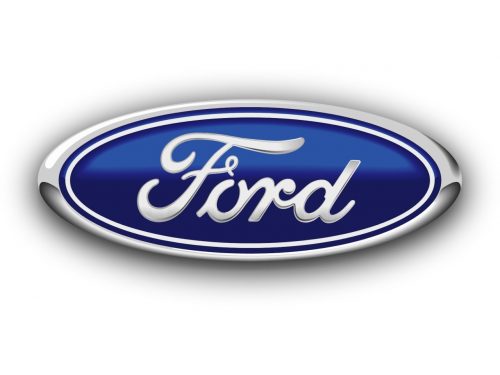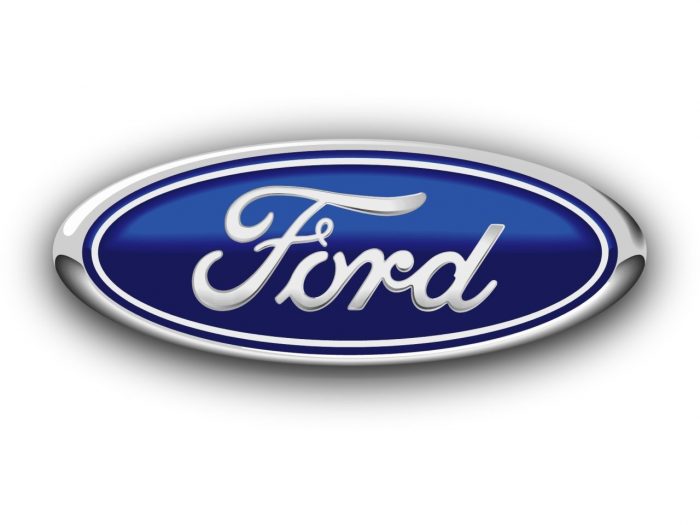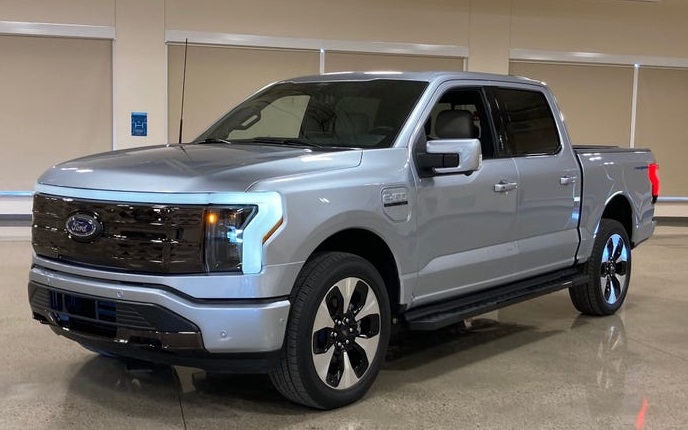Now Reading: Ford calls on U.S. government to support batteries, charging infrastructure
-
01
Ford calls on U.S. government to support batteries, charging infrastructure
Ford calls on U.S. government to support batteries, charging infrastructure

Ford’s CEO on Wednesday called on the U.S. government to support battery production and charging infrastructure development, as he laid out the automaker’s plan to develop electric platforms for its top-selling trucks, vans and SUVs.
“We need to bring large-scale battery production to the U.S.,” Ford CEO Jim Farley said at a financial conference, adding that he prepared to highlight the issue in talks with government leaders.
President Joe Biden is meeting with lawmakers Wednesday to talk about how to secure supplies of electric vehicle batteries, semiconductors used in automobiles, rare earth and pharmaceuticals.
Policy support for boosted U.S. production of EV batteries and better-charging infrastructure for electric commercial vehicles will help drive demand for those automobiles, Farley said.
“We can’t go through what we’re doing now with chips,” he said, referring to the shortage of imported semiconductors that has resulted in the temporary shutdown of several U.S. auto plants.
General Motors CEO Mary Barra is set to speak to investors at the same conference later Wednesday.
Most of Ford’s profit comes from the sale of big pickups in the United States. The automaker plans to release an all-electric version of its best-selling F-series pick up later this year, followed by an electric version of its large Transit van. Ford has not provided details for its electrification plans for its SUV lineup.
The automaker will work with partners to develop electric vehicle architectures for less profitable automobiles in Europe and China, Farley said.
He said Ford expects to release a commercial automated vehicle business by 2025 and is working now on a strategy that could include automated delivery of goods.
He also said the automaker wants to build recurring revenues from both digital services and physical services, such as vehicle charging and repairs, particularly for its increasing base of commercial customers.
Stay Informed With the Latest & Most Important News
Previous Post
Next Post
-
 01Polestar Boss Says It’s Time To Outrun BMW M And Mercedes-AMG
01Polestar Boss Says It’s Time To Outrun BMW M And Mercedes-AMG -
 02Spy Shots: 2027 Mitsubishi Pajero Spotted in Testing Ahead of Possible U.S. Return
02Spy Shots: 2027 Mitsubishi Pajero Spotted in Testing Ahead of Possible U.S. Return -
 03Spy Photos: VW ID. Polo GTI Goes Electric with 223 HP and 280 Miles of Range
03Spy Photos: VW ID. Polo GTI Goes Electric with 223 HP and 280 Miles of Range -
 04The Controversial Ford Voodoo V8 That Was Killed Off Too Early
04The Controversial Ford Voodoo V8 That Was Killed Off Too Early -
 052026 Toyota Hilux EV: A Powerful Truck with Silent Torque
052026 Toyota Hilux EV: A Powerful Truck with Silent Torque -
![2027 Mercedes-Benz S-Class Debuts with V8 Engine [Photo Gallery]](https://speedlux.com/wp-content/uploads/2026/01/2027-Mercedes-Benz-S-Class-33-155x125.jpg) 062027 Mercedes-Benz S-Class Debuts with V8 Engine [Photo Gallery]
062027 Mercedes-Benz S-Class Debuts with V8 Engine [Photo Gallery] -
 07Hyundai Palisade’s Breakout Year Shows How Quickly the Market Can Turn
07Hyundai Palisade’s Breakout Year Shows How Quickly the Market Can Turn


![2027 Mercedes-Benz S-Class Debuts with V8 Engine [Photo Gallery]](https://speedlux.com/wp-content/uploads/2026/01/2027-Mercedes-Benz-S-Class-33-700x394.jpg)











































